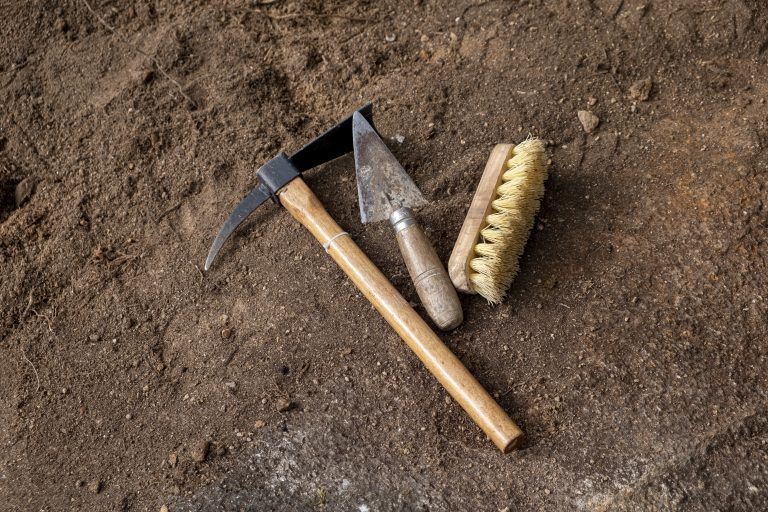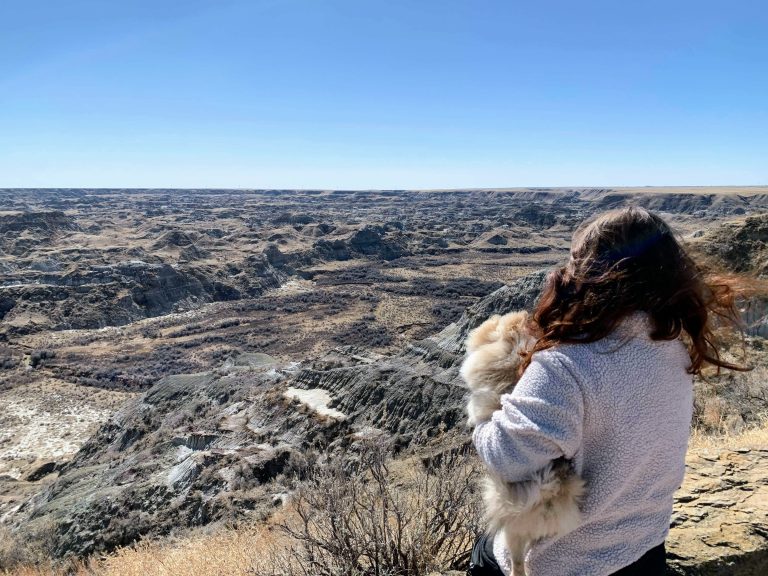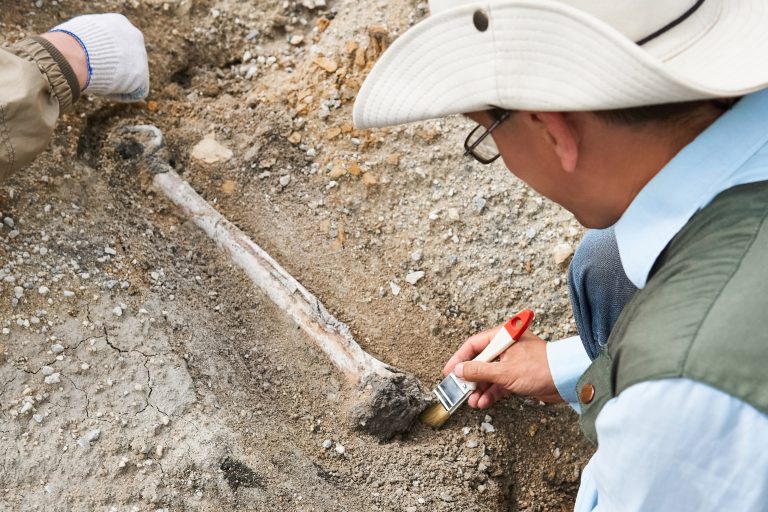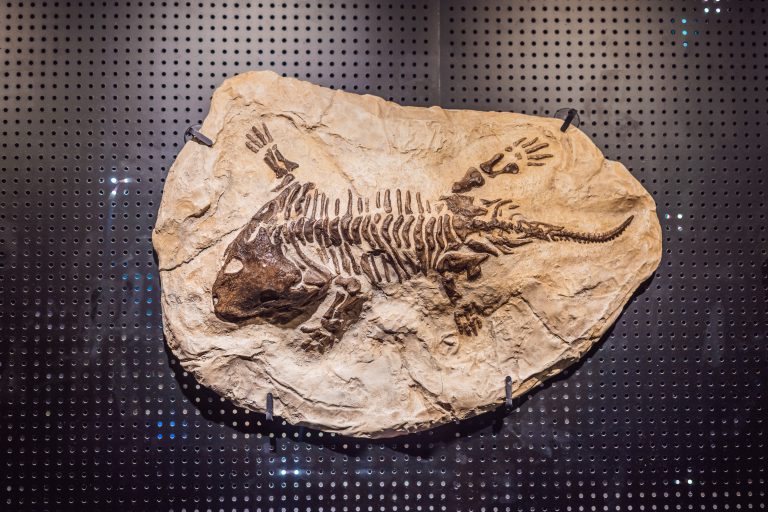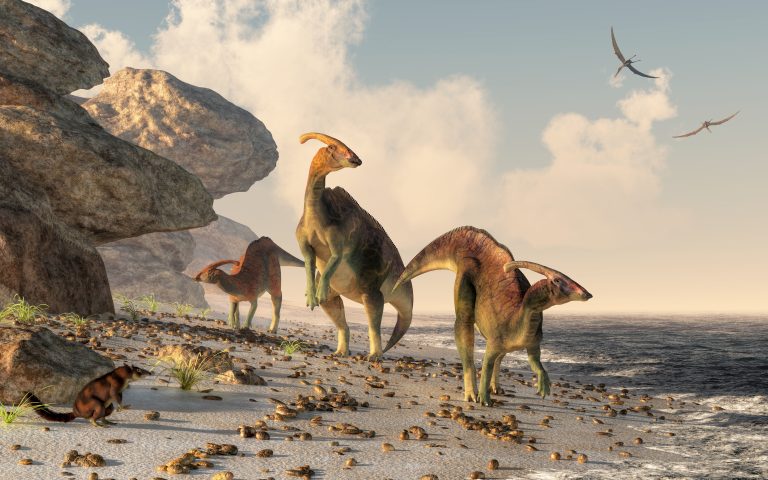3 Key Types of Paleontologists Unearthed!
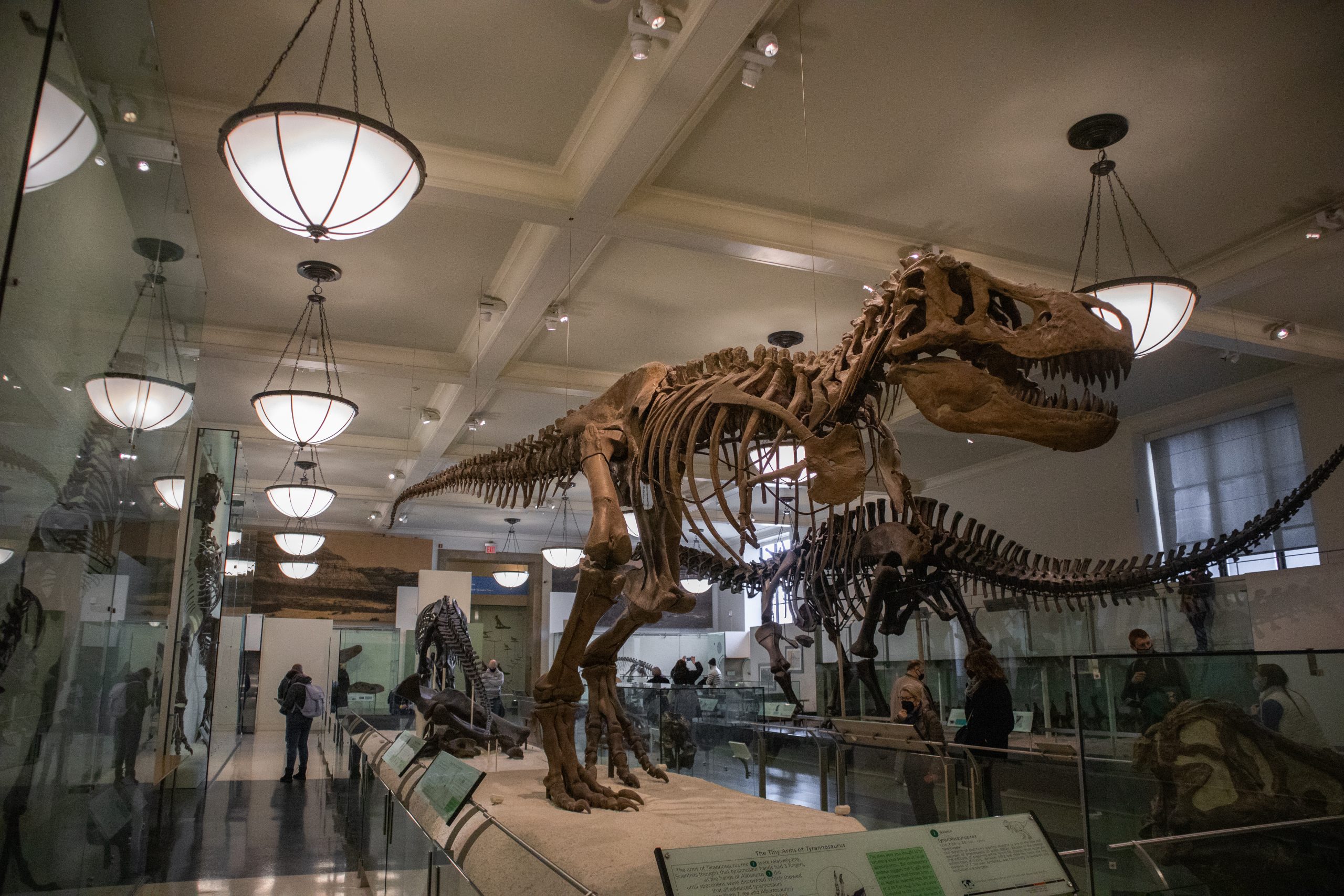
Embark on a journey through time as we dig into the fascinating world of paleontology. Let’s uncover the lives of those who dedicate themselves to piecing together Earth’s prehistoric past, one fossil at a time.
Paleontology spans diverse specialties, each with unique tools and narratives. Imagine paleontologists as puzzle masters, specializing in different facets of Earth’s ancient image. From dinosaurs to pollen grains, they’re detectives of deep time, unraveling life’s long history.
1. Vertebrate Fossil Experts
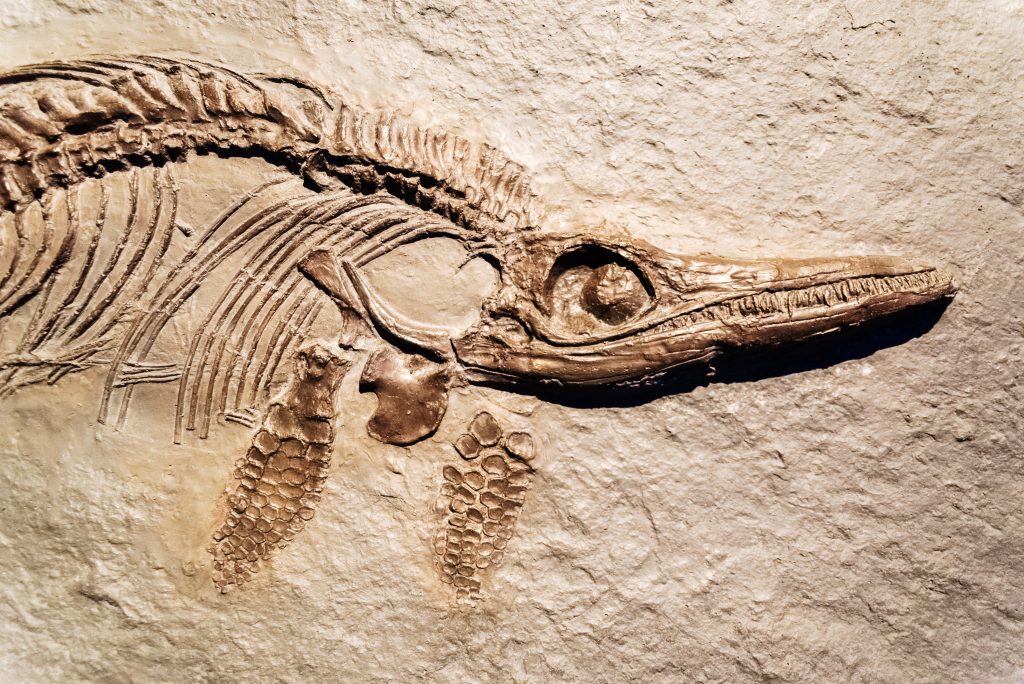
Vertebrate paleontologists are the rock stars who bring to life the creatures that once roamed land, sea, and air. Their discoveries often make headlines, like unveiling a new species of dinosaur that challenges what we thought we knew.
They’re the ones who, with a chisel and brush, free the bones of ancient beasts from their stone prisons, allowing us to gaze upon the skeletons of creatures that haven’t walked the Earth for millions of years.
Hey hey! Don’t forget to subscribe to get our best content 🙂
2. Invertebrate Paleontology
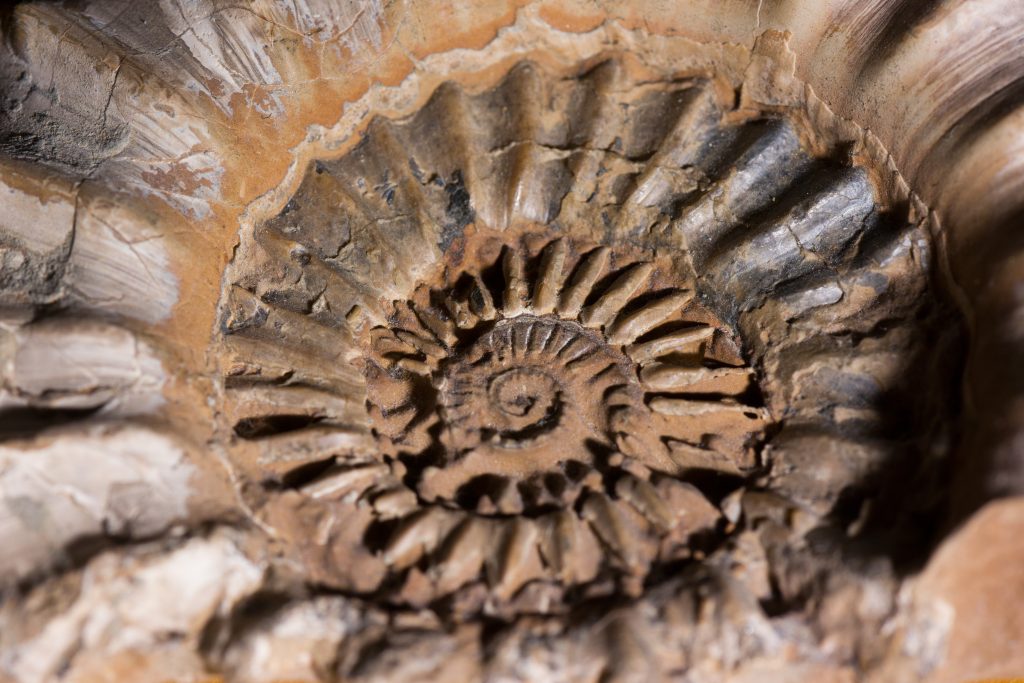
Invertebrate paleontologists focus on the more subtle, yet incredibly diverse world of creatures without backbones. From the spiraled shells of ammonites to the segmented bodies of trilobites, these scientists reconstruct the lives of animals that are often overshadowed by their larger vertebrate cousins.
They remind us that the majority of life on Earth has been, and still is, invertebrate, a humbling thought that puts our place in the tree of life into perspective.
3. Paleobotanists Explained
Paleobotanists are the green thumbs of paleontology, nurturing our understanding of ancient plant life. They decipher the fossilized remains of forests long gone and tell us tales of a world before humans, where giant ferns and towering trees reigned supreme.
Their work not only paints a greener picture of the past but also provides crucial insights into how our planet’s climate has changed over the eons.
Fieldwork Fundamentals
Fieldwork is where the magic happens; it’s the gritty, hands-on part of paleontology that everyone imagines. It involves long days under the sun, the thrill of discovery, and the inevitable frustration when you realize what you thought was a fossil is just a peculiarly shaped rock.
But it’s also where bonds are formed—not just among the layers of sediment, but between colleagues sharing the adventure.
Lab Analysis Techniques
Back in the lab, paleontologists turn into meticulous scientists, using a variety of techniques to coax stories from stone. Microscopes become windows into the past, revealing details invisible to the naked eye.
Chemical analyses can tell us about the diets of extinct animals or the environments they live in. It’s a world of precision where patience is a virtue and breakthroughs are born.
Tech in Paleontology
Modern paleontology is a high-tech affair, with gadgets and gizmos that would make even the most tech-savvy enthusiast’s head spin. Think 3D scanning and printing, allowing us to replicate fossils in minute detail, or CT scans that peer inside a fossil without harming a single grain of its ancient form.
These tools are revolutionizing the field, making it an exciting time to be a fossil fanatic.
Academic Pathways
For those dreaming of a life spent romancing the stones of yesteryear, the academic route is a well-trodden path. It often starts with a degree in geology or biology, followed by the specialization that comes with graduate studies.
It’s a journey of commitment, fueled by a passion for the past and the desire to contribute a verse to the epic poem of Earth’s history.
Museums & Research Roles
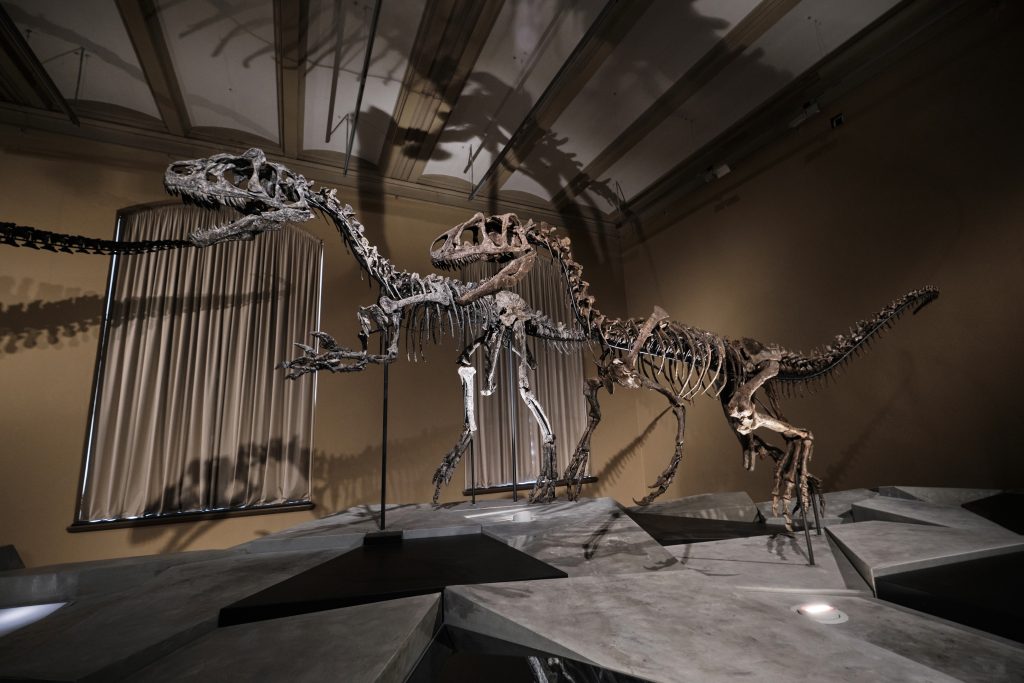
Museums are the treasure troves of paleontology, their halls lined with the spoils of expeditions past and present. Paleontologists in these institutions are the stewards of these collections, curating the relics of ancient life and sharing their stories with the world.
Research roles, on the other hand, often involve delving deeper into specific questions about our planet’s history, contributing pieces to the ever-growing puzzle of the past.
Future of Fossil Studies
The future of fossil studies is as promising as it is uncertain. With each discovery, we’re reminded of how much we’ve yet to learn. The next big find could be just around the corner, hidden in an unassuming layer of rock, waiting for the right pair of eyes to recognize its significance.
As technology advances and our understanding deepens, the story of life on Earth becomes ever more complex and compelling.
As we close this chapter on the diverse roles within paleontology, remember that the past is not as distant as it seems. Each fossil is a testament to the relentless march of time and the incredible saga of life on our ever-changing planet.

